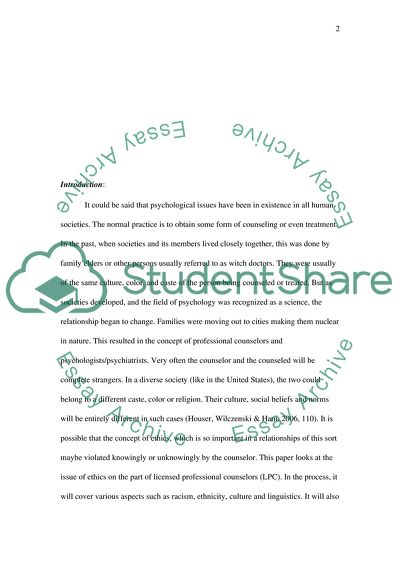Cite this document
(Racial Ethical Cultural and Linguistic Issues Research Paper, n.d.)
Racial Ethical Cultural and Linguistic Issues Research Paper. Retrieved from https://studentshare.org/social-science/1743270-ethics-in-psychology-racial-ethical-cultural-and-linguistic-issues
Racial Ethical Cultural and Linguistic Issues Research Paper. Retrieved from https://studentshare.org/social-science/1743270-ethics-in-psychology-racial-ethical-cultural-and-linguistic-issues
(Racial Ethical Cultural and Linguistic Issues Research Paper)
Racial Ethical Cultural and Linguistic Issues Research Paper. https://studentshare.org/social-science/1743270-ethics-in-psychology-racial-ethical-cultural-and-linguistic-issues.
Racial Ethical Cultural and Linguistic Issues Research Paper. https://studentshare.org/social-science/1743270-ethics-in-psychology-racial-ethical-cultural-and-linguistic-issues.
“Racial Ethical Cultural and Linguistic Issues Research Paper”, n.d. https://studentshare.org/social-science/1743270-ethics-in-psychology-racial-ethical-cultural-and-linguistic-issues.


